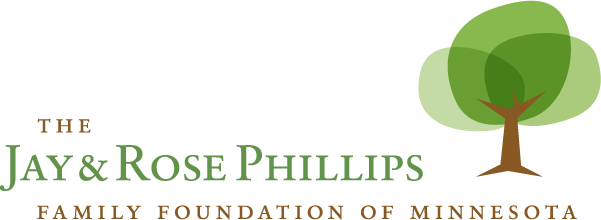By Adam Kolb
“It’s all about who you know!”
Throughout the course of my college career that was the common response I would get in reply to any professional inquiries and conversations had within “my network.” It didn’t always sound the same, but I always knew what they meant.
“You want an internship after one year of college? Hopefully you have family friends,” said the staff at the career center.
“Want to make money after you graduate? Better go to job fairs.” said all my professors.
“Hey Adam, there is an alumni event this weekend, you want to go?” asked my supervisor at least once a month throughout the two summers I spent interning for alumni relations.
“Adam, look at my new business cards, charcoal grey suit and resume!” clamored my friend who had grown obsessed with networking during our junior year.
Whether I was too cool, shy, or skeptical of the need for and benefits of networking, I hated networking. I still went to my fair share of job fairs, networking events, alumni socials—the whole ringer—but my presence was more about getting free food/drinks, having the opportunity to dress to impress and fulfilling job duties than it was about securing that next job or internship. I didn’t see what all the fuss was about.
Fast forward to today.
I have been out of school for two years—one year volunteering in rural Tanzania and now almost a year serving as an AmeriCorps VISTA with Hennepin County Office for Housing Stability—and while I still don’t love networking, I also don’t dread it like before. In fact, I have found a growing use for and joy in it at times over the course of this past year. It has taken plenty of time and practice (I have done about 20-25 informational interviews this year) to build up my current ambivalence toward networking. It has ultimately been this shift in thought and feeling that has allowed me to tap into the benefits of networking that were previously blinded by my contempt.
Have I figured out what I want to do for a career through networking? No, but I have come across career paths that were ill-defined or unknown to me before this year. Have I received any job offers or interviews as a result of my networking? Again, no, but I have been informed of jobs and my work has been referenced in conversations between hiring managers and vice presidents of non-profit organizations for jobs months down the road. So, while my first job remains unfound, there are hopes of finding further opportunities for professional fulfillment and personal growth—as well as higher wages—as a result of exploring the realms of networking. And even if not, with each informational interview (I have semi-retired from job fairs and alumni socials) I continue to learn more about myself, my interests, and what it feels like to make connections that could lead to a job.
With all of this in mind, I am led to believe that this gives me the experience necessary to offer a few tips of networking advice to all my friends, colleagues, future VISTAs and others who may happen across this blog. 10 tips in total, and then I’m out! Here they are…
Adam’s Five People You Should Meet Networking
- Everyone in your own office…
…unless it is a big office then just start with the seemingly cool ones.
- Someone in each of your career interest fields
For obvious reasons. We all want to meet people that are doing the jobs we could be in a few years. It is like looking into the future really!
- Anyone your supervisor recommends
They have already built their own network over the years, take advantage of it.
- People of all ages and at all stages of the career ladder
Don’t let age or job title define who these people are or their ability to help you in your career. You will probably hear amazing stories from those at the end of their careers, and you may find a new friend and/or advocate in someone that is closer to your age.
- Someone in a field that is completely unknown to you
It’s always important to take the time to learn something new, and who knows, they may have a really cool connection for you to meet as a result.
And finally…
Adam’s Five Tips for a Successful Informational Interview
- Bring something to take notes on/with, talking points to cover and questions to have answered
- Ask to tour their facility and meet other staff if the meeting is at a different office or organization
- Ask for 1-2 members of their network whom they would recommend meeting
- Send a thank you email or card
- Follow up regularly
And as a bonus tip for all my friends committed to a year of service, suggest that you meet for lunch or coffee…there is a decent chance they will end up paying!
